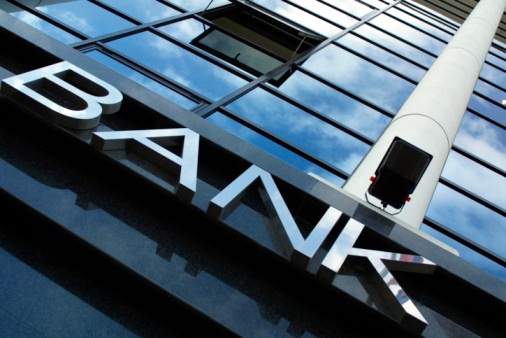Banking, finance, and taxes
Bank for International Settlements: Easy Access to Capital Compounds Risk
Published:
The general manager of the Bank for International Settlements, Jaime Caruana, warned that central banks have gone too far in terms of making easy credit available to their economies. What once was part of a system that saved the world from a catastrophic credit crisis has started to sow seeds of unsustainable debt, in both the public and private sectors. In a speech, Making the Most of Borrowed Time, Caruana stated:
Extending monetary stimulus is taking the pressure off those who need to act. Ultra-low interest rates encourage the build-up of even more debt. In fact, despite some household deleveraging in some countries, total debt, private and public, has generally increased as a share of GDP since 2007. For the advanced and emerging market economies , it has risen by about 20 percentage points of GDP, or by $33 trillion — and rising government debt has been the main driver. This is clearly not sustainable. Low rates have allowed the public sector to postpone consolidation at the risk of a further deterioration in sovereign credit quality and damage to longer-term growth. There is plenty of evidence that as public debt surpasses about 80% of GDP, it becomes a drag on growth — because it raises debt servicing costs (and uncertainty about the future tax burden); it increases sovereign risk premia; and it reduces the room available for counter cyclical policy.
However, the economies of Europe will need access to “cheap” capital if most hope to emerge from multiyear downturns. And equity and bond markets already have “expressed” their deep concern that the gradual phasing out of QE3 by the Federal Reserve will happen much too early because the U.S. economic recovery remains very fragile, and unemployment remains much too high for a sustained recovery. In Japan, the central bank has used its own version of QE3 in an attempt to lift that economy from multiyear doldrums. And growth rates in India, Brazil and China have weakened and could even do the unimaginable, which is turn toward contraction. An exit of the current central bank activity could put a halt to whatever modest growth the global economy has mustered since the Great Recession.
Caruana closed his remarks by saying:
Nobody knows exactly how central banks will exit, or what they will exit into. In any event, they will need to employ great skill in both implementation and communication. Central banks have more tools now than six years ago. But when the time comes, they will need the flexibility to use these tools as needed. And they will have to take decisions with much less certainty than they would probably like — waiting for irrefutable evidence may complicate exit and prove costly. The bigger the scale and scope of their interventions, the more difficult it will be to reduce them.
Those comments could be perceptive, but that time has not come. If central bankers think it has, they will reject the fact that their ongoing work continues to be crucial to improved gross domestic product, despite the likely truth that the eventual by-product will be a market awash with too much capital. So, the debate is over which is the lesser of two evils.
Retirement planning doesn’t have to feel overwhelming. The key is finding expert guidance—and SmartAsset’s made it easier than ever for you to connect with a vetted financial advisor.
Here’s how it works:
Why wait? Start building the retirement you’ve always dreamed of. Click here to get started today!
Thank you for reading! Have some feedback for us?
Contact the 24/7 Wall St. editorial team.